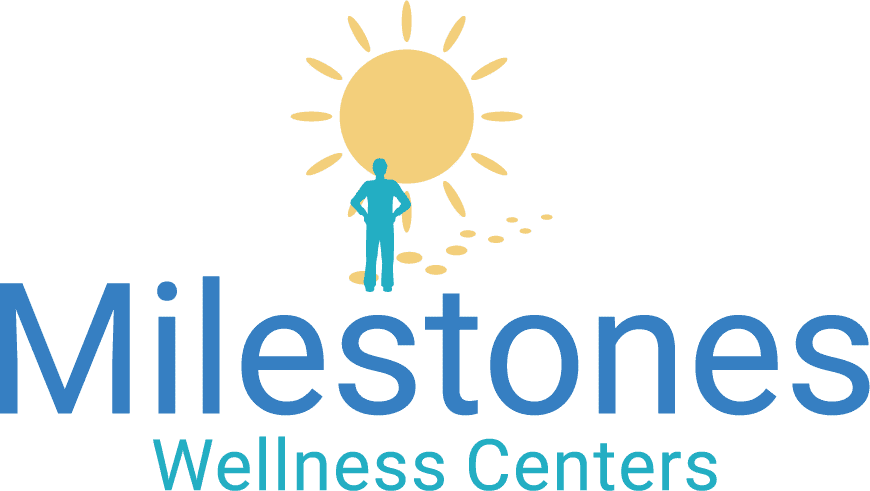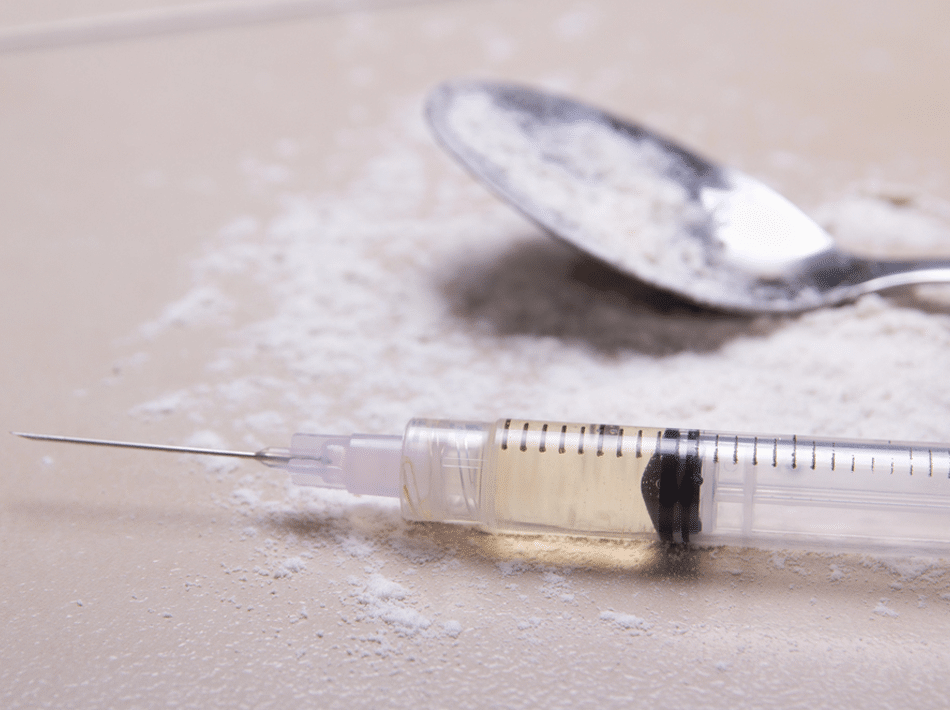Detoxing from opiates can be difficult, and uncomfortable, but it is the first necessary step for those seeking recovery. The detox timeline varies from person to person, depending on the drug of choice, how long they have been using, and their overall health.
What is the Opiate Detox Process?
Opiate detox involves the body ridding itself of all traces of opiates, including their metabolites. This process can take anywhere from a few days to several weeks, depending on the severity of the addiction. The opiate detox process is typically broken into two phases: the acute phase and the post-acute withdrawal syndrome (PAWS) phase.
Acute Phase
The acute phase of the opiate detox process usually begins within 24-48 hours of your last dose. This is when most of the physical symptoms of withdrawal will be at their peak. During this time, it is important to stay hydrated and get plenty of rest. Medically supervised opiate detox may specifically help manage cravings and reduce the intensity of withdrawal symptoms during this time.
Post-Acute Withdrawal Syndrome (PAWS)
The post-acute withdrawal syndrome (PAWS) can last anywhere from a few weeks to months after the initial withdrawal period. During this phase, many people experience mental and emotional symptoms. These symptoms may come and go, but it is important to be aware of them and seek help if needed.
Common Opiate Withdrawal Symptoms
Opiate withdrawal symptoms vary from person to person, especially depending on how long opiates have been used. and the type of drug. Common opiate withdrawal symptoms include:
- Depression and anxiety
- Agitation or restlessness
- Muscle aches and pains
- Insomnia or sleeping problems
- Nausea, vomiting, and diarrhea
- Cravings for the drug
- Diaphoresis (profuse sweating)
Benefits of Medically Supervised Opiate Detox
Detoxing from opiates can be a difficult process, but with medical supervision and support, it can also be a safe and successful experience. Even if you have been using opiates for an extended period of time, it is never too late to get help. A medically supervised detox program will provide much-needed relief from uncomfortable withdrawal symptoms, as well as the tools necessary to start your journey toward recovery.
How Can Medicine Help the Opiate Detox Process?
Medication-assisted treatment (MAT) is a safe, effective way to help individuals detox from opiates. MAT combines medications, such as Suboxone, with counseling and behavioral therapy to reduce cravings and treat addiction. These medications help restore the brain’s natural balance of chemicals, reducing withdrawal symptoms and eliminating cravings for opiates.
Opiate Addiction Recovery at Milestones Wellness
At Milestones Wellness, we provide virtual comprehensive opiate addiction treatment and recovery services tailored to meet your individual needs. Our team of experts will help you find the right path forward on your journey to lasting sobriety. Through evidence-based treatments, our dedicated staff will provide you with the tools necessary for a successful recovery. Contact us today to learn more about our opiate detox and how we can help.





